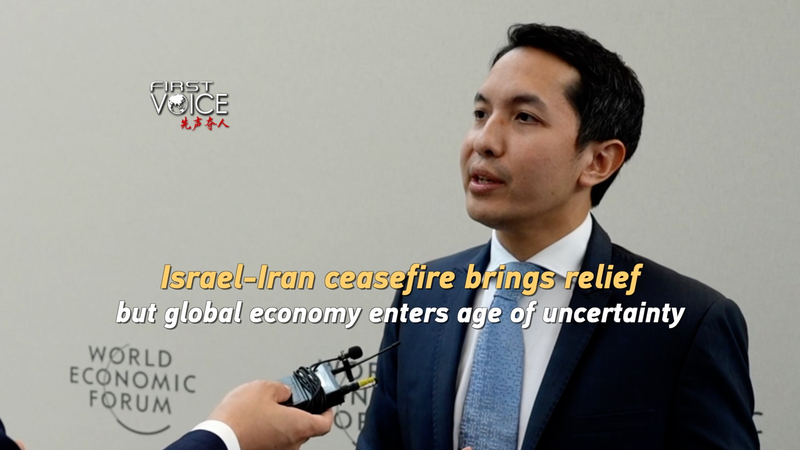On June 24, after 12 days of escalating conflict, Iran and Israel officially declared a ceasefire, offering relief to markets around the world.
At Summer Davos 2025, Santitarn Sathirathai, future economy advisor at the Thailand Development Research Institute, warned that small energy-importing nations are the most vulnerable. With rising energy prices and potential disruptions to trade routes, these countries could face sharper economic shocks.
Global businesses are already shifting their focus from cost efficiency to resilience and diversification. This adjustment marks a new era in economics where uncertainty itself becomes a key cost driver.
For small energy-importing nations, the stakes are highest:
- Higher import bills squeeze budgets and consumer wallets.
- Unpredictable route closures threaten timely delivery of goods.
- Fluctuating commodity costs force rapid strategy pivots.
Companies are responding by:
- Building redundancy into supply chains.
- Exploring local or renewable energy sources.
- Investing in flexible logistics networks.
As relief from the ceasefire unfolds, one thing is clear: in today's interconnected world, resilience is no longer optional—it’s a competitive advantage.
Reference(s):
Israel-Iran ceasefire brings relief, but global economy enters age of uncertainty
cgtn.com




